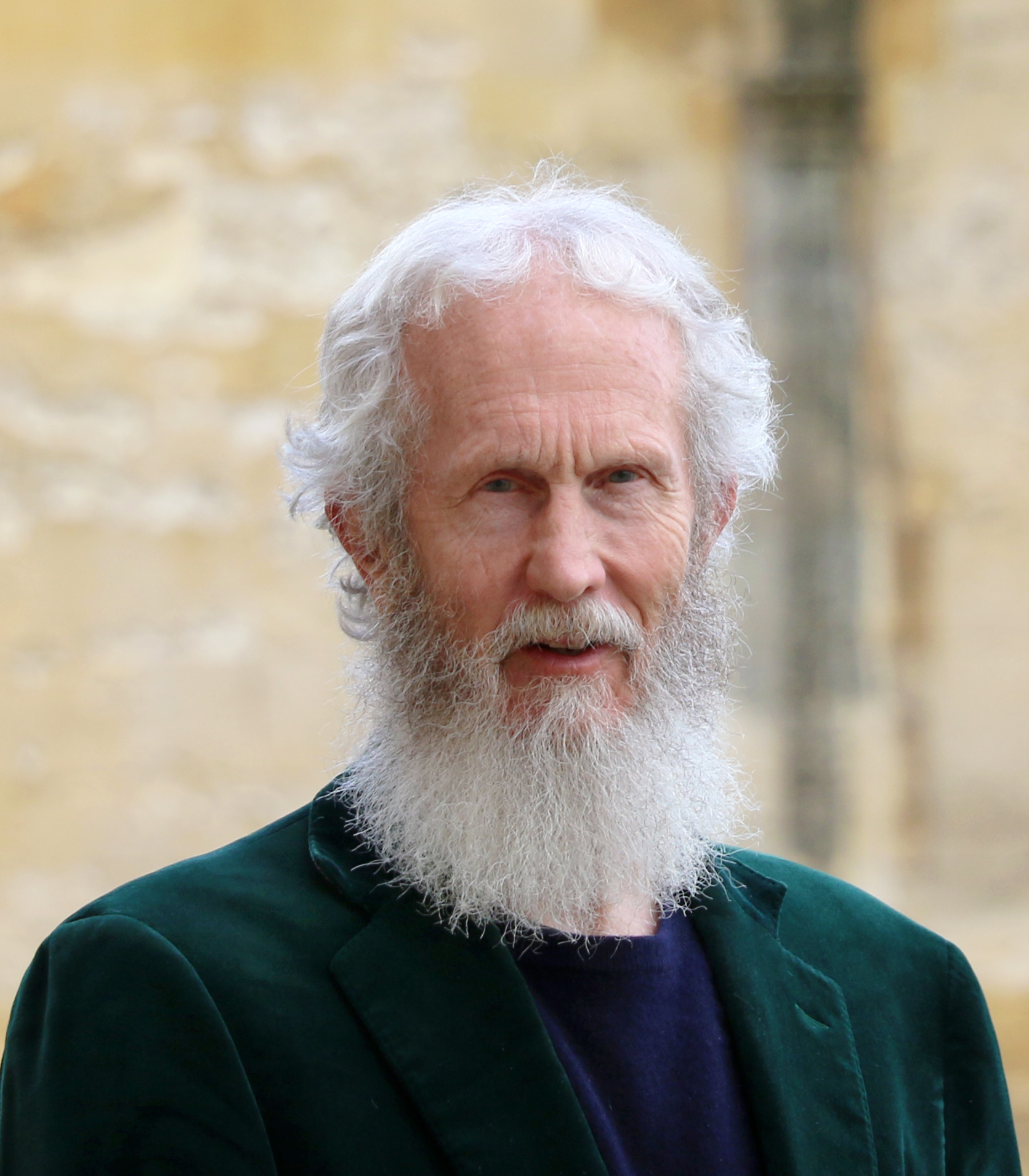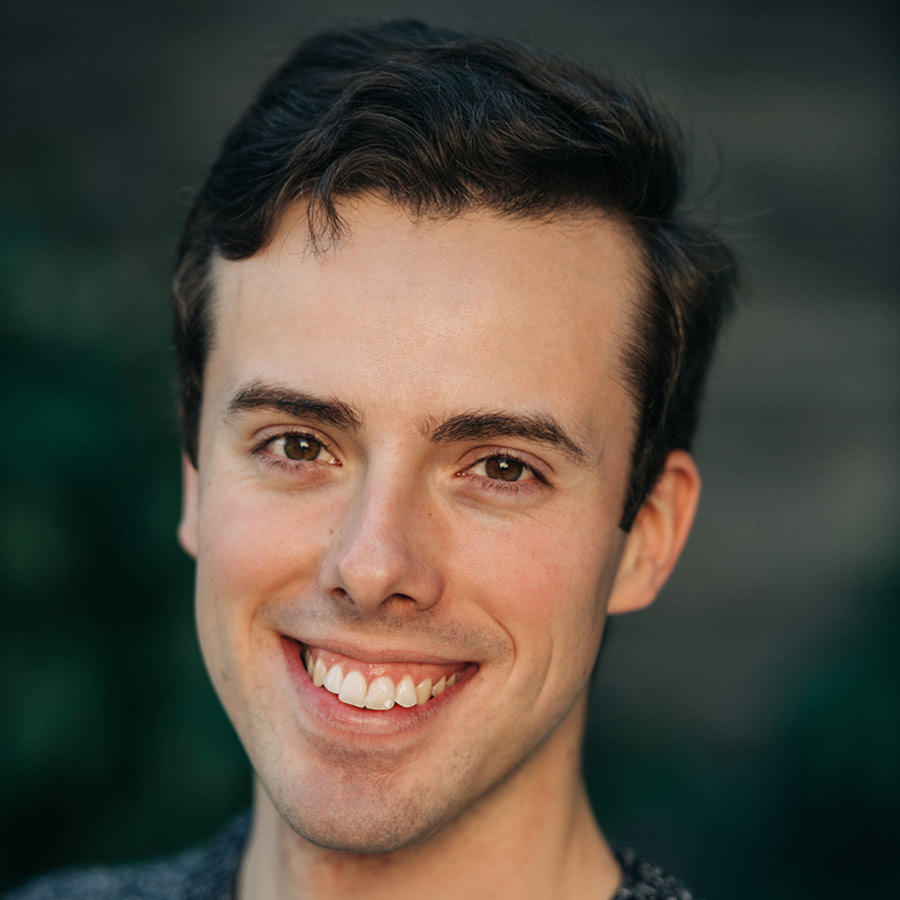
Making Sense of Chaos: A Better Economics for a Better World
At the September 2024 Innovation Hour, Hertz Fellow Doyne Farmer, pioneer in the field of complexity science and chaos theory, Professor at the University of Oxford, and Chief Scientist at Macrocosm Inc., will explain how chaos theory can be applied to understand and address economic complexities facing society.
During his talk, Doyne will share concepts from his new book, "Making Sense of Chaos: A Better Economics for a Better World.” We live in an age of increasing complexity, where accelerating technology and global interconnection hold more promise – and more peril – than any other time in human history. Financial crises, as well as issues around climate change, automation, growing inequality, and polarization are all rooted in the economy, yet standard economic predictions fail us. Using big data and ever more powerful computers, we can, for the first time, apply complex-systems science to economic activity, building realistic models of the global economy. The resulting simulations and the emergent behavior we observe form the cornerstone of complexity economics.
Join us to hear how Doyne is using complexity economics to test ideas and make significantly better economic predictions – and, ultimately, create a better world.
This Hertz Foundation Innovation Hour will be moderated by Hertz Fellow Cole Graham and takes place live on Wednesday, September 25, 2024, from 1:00–2:00 p.m. Eastern / 10:00–11:00 a.m. Pacific, using the Zoom video conference platform.
Registration
Registration for this event is closed.
About the Speaker

J. Doyne Farmer is a 1978 Hertz Fellow and Director of the Complexity Economics programme at the Institute for New Economic Thinking and Baillie Gifford Professor of Complex Systems Science at the Smith School of Enterprise and the Environment, University of Oxford. He is also External Professor at the Santa Fe Institute and Chief Scientist at Macrocosm.
His current research is in economics, including agent-based modeling, financial instability and technological progress. He was a founder of Prediction Company, a quantitative automated trading firm that was sold to UBS in 2006. His past research includes complex systems, dynamical systems theory, time series analysis and theoretical biology. His book, Making Sense of Chaos: A Better Economics for a Better World, was published in 2024.
About the Moderator

Cole Graham is an Assistant Professor of Mathematics at the University of Wisconsin–Madison. He joined UW–Madison in 2024 following an NSF Postdoctoral Fellowship at Brown and a PhD at Stanford.
The natural world abounds with examples of universality: recurrent patterns that transcend the particular details of individual systems. In his research, Cole deploys mathematical analysis and probability to study universal phenomena in settings ranging from spatial ecology to solid-state physics. His work has led to novel perspectives on branching particle systems, the formation of shock waves, and the flow of noise across multiple scales. In applied projects, he has brought mathematical tools to bear on climate science, agriculture, and dynamical system modeling.
In his spare time, Cole enjoys baking, backpacking, and Borges.